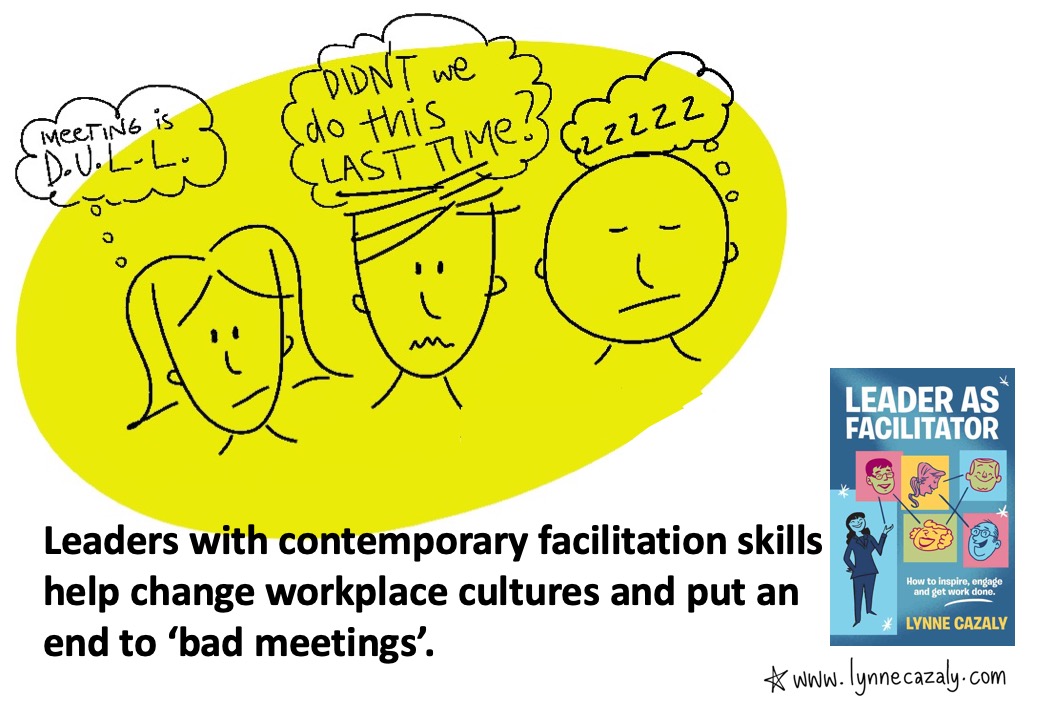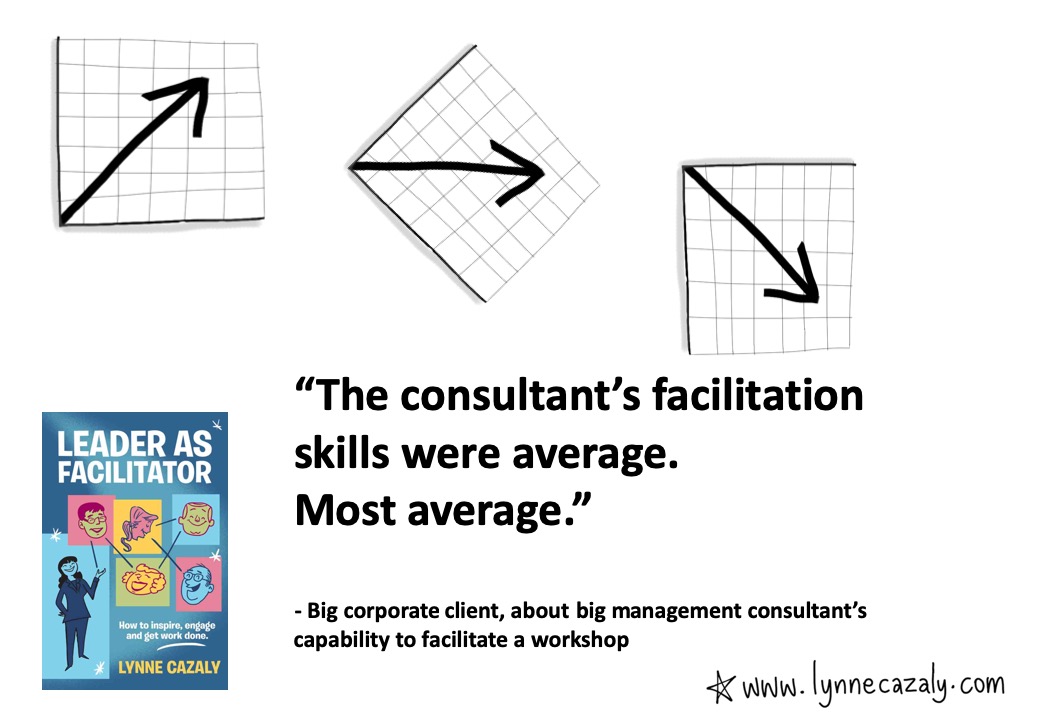Adaptability - one of the biggest capabilities of our time
 Sunday, October 20, 2019 at 11:32AM
Sunday, October 20, 2019 at 11:32AM  I’m posting on ADAPTABILITY; one of the biggest capabilities of our time.
I’m posting on ADAPTABILITY; one of the biggest capabilities of our time.
It's our capacity, willingness and ability to adjust to new conditions.
Here are 4 of 12 BIG ideas about adaptability:
1️⃣ Sensemaking We need to gather, sort, filter and process information rapidly. Without making sense we’re in the dark. It gives us insight so we can decide what to do next.
2️⃣ Listening We fail to listen; Hugh Mackay says we fear we will be changed if we listen. But by entertaining ideas, information and insights, we can become willing to adapt. Oscar Trimboli says deep listening is what's required... beyond words.
3️⃣ Learning Understanding and knowledge opens us to possibility. We mature. Try, trip, fail, learn. It’s the portal to even more skills and capabilities, yet so many of us think we already know it all.
4️⃣ Collaborating We can’t go it alone. Our future requires us to work with others, engage, listen, communicate, tolerate, include, invite, welcome. It takes work and doesn’t happen naturally for some. We need to collaborate to adapt, and adapt to be able to collaborate.




















